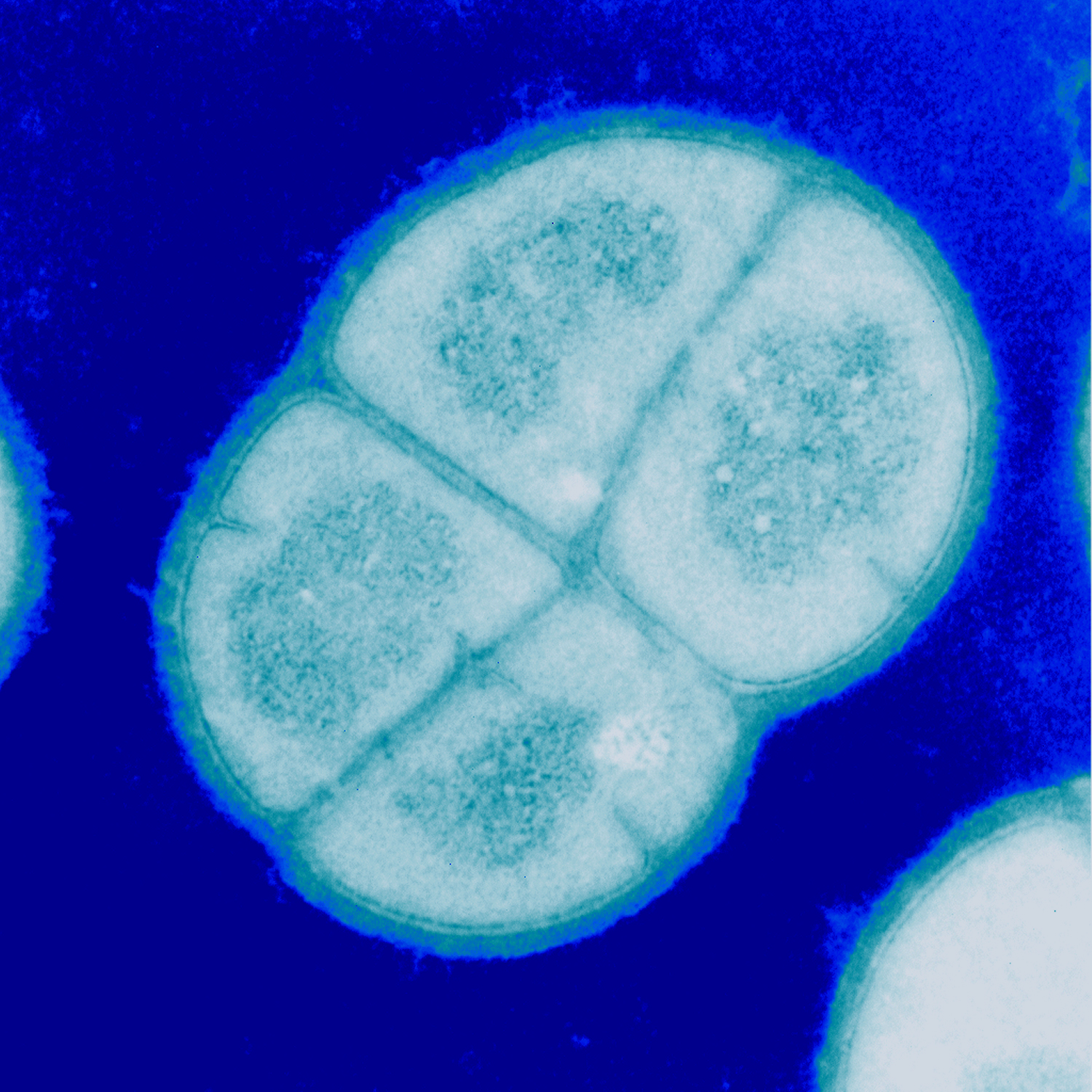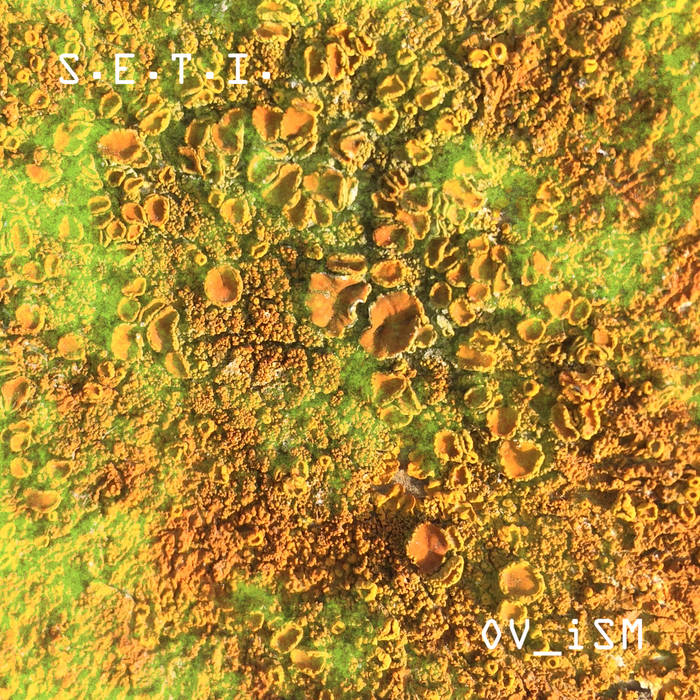Better Know a Microbe: Deinococcus
Por um escritor misterioso
Last updated 28 junho 2024
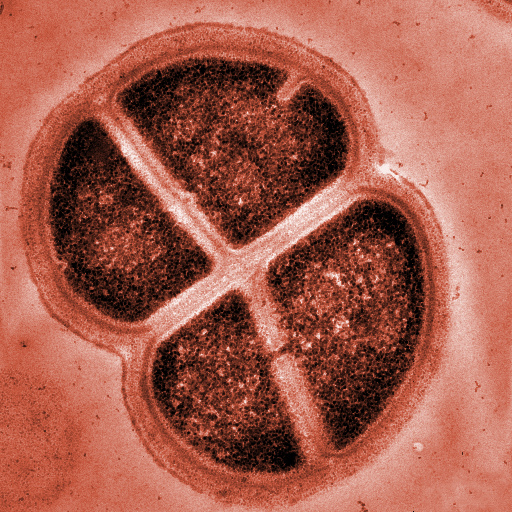
Have you ever wondered what would survive a nuclear disaster? What comes to mind? Cockroaches? Cher? What about bacteria?! The Guinness Book of World | Microbiology

Deinococcus radiodurans: A novel bacterium for crack remediation of concrete with special applicability to low-temperature conditions - ScienceDirect
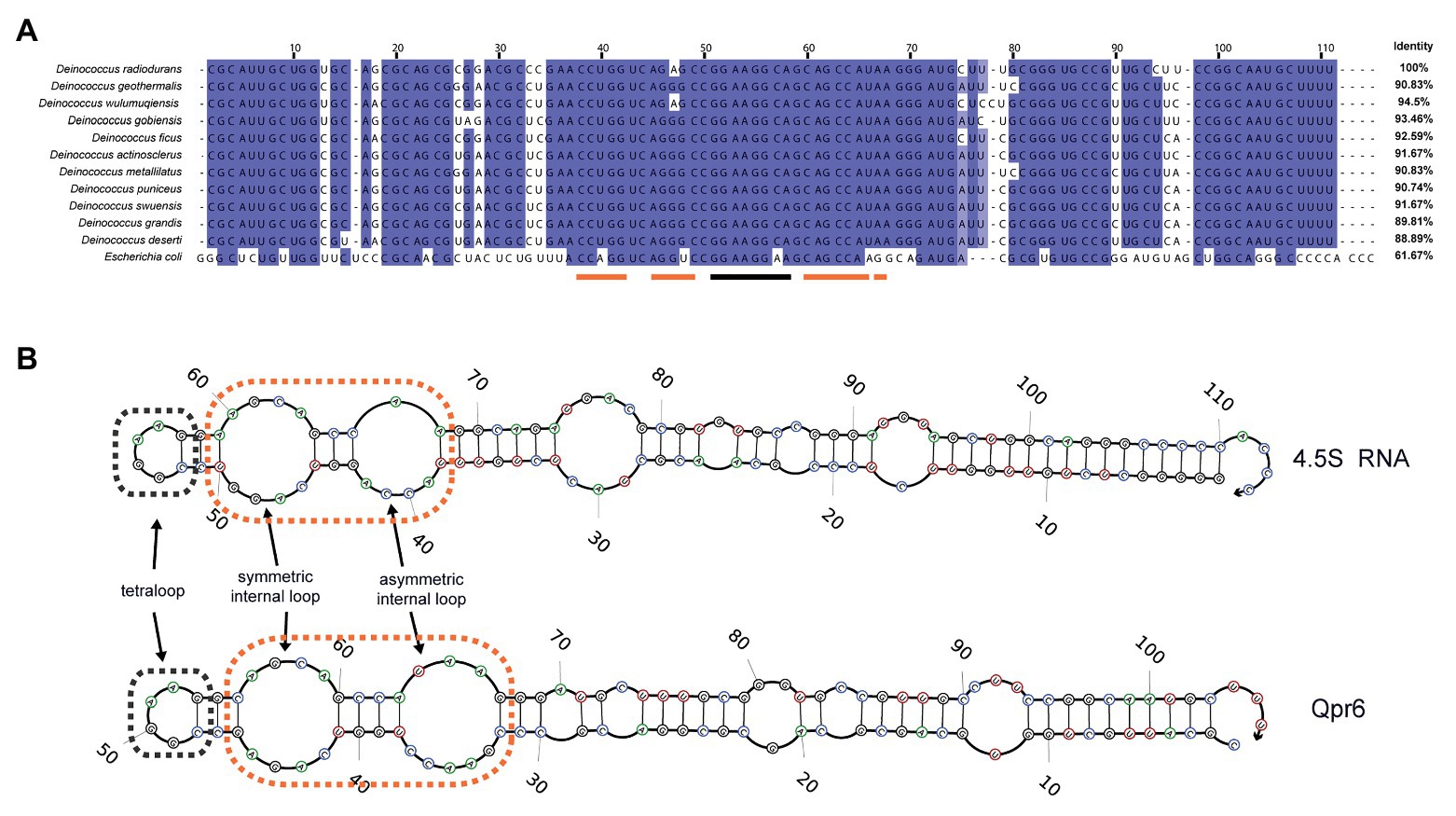
Frontiers Signal Recognition Particle RNA Contributes to Oxidative Stress Response in Deinococcus radiodurans by Modulating Catalase Localization

The scientific revolution that unraveled the astonishing DNA repair capacity of the Deinococcaceae: 40 years on
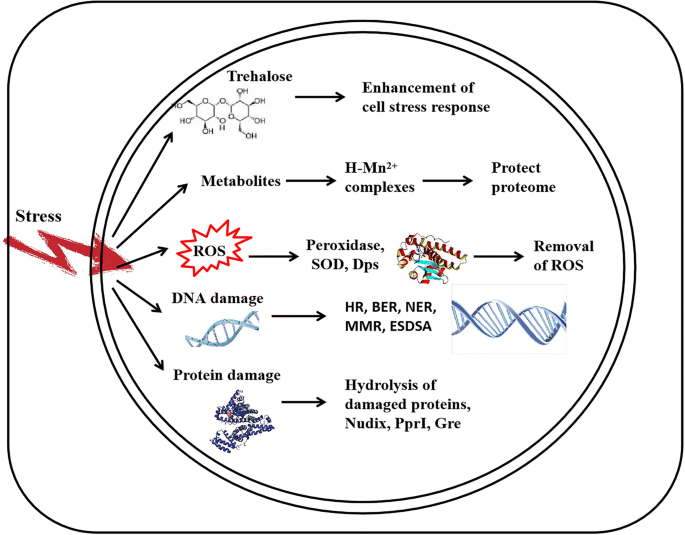
The diversity and commonalities of the radiation-resistance mechanisms of Deinococcus and its up-to-date applications, AMB Express

Probing the response of Deinococcus radiodurans exposed to simulated space conditions, International Journal of Astrobiology
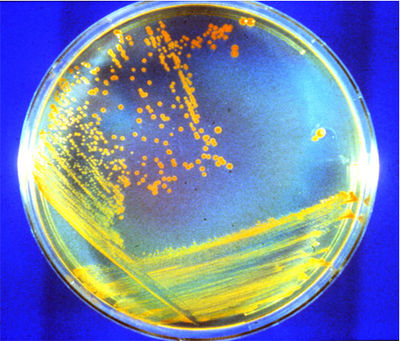
Deinococcus - microbewiki
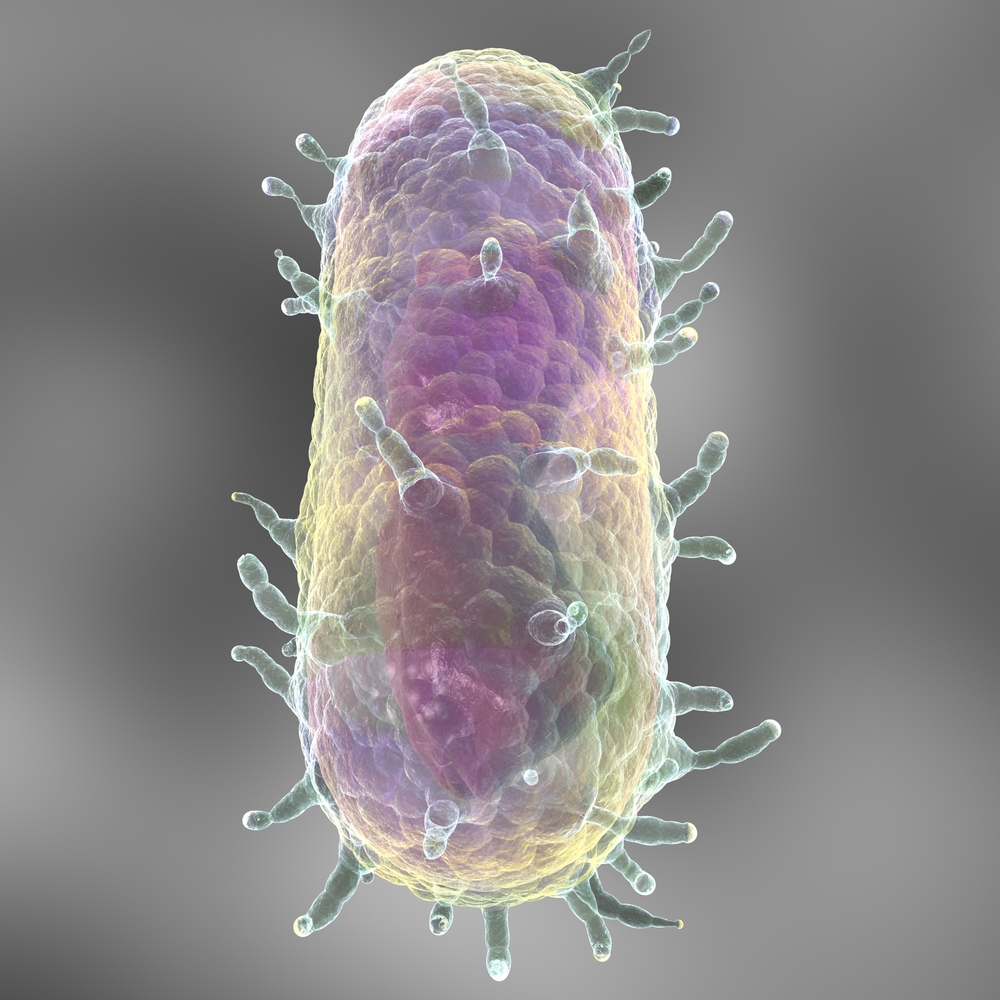
20 Things You Didn't Know About Bacteria
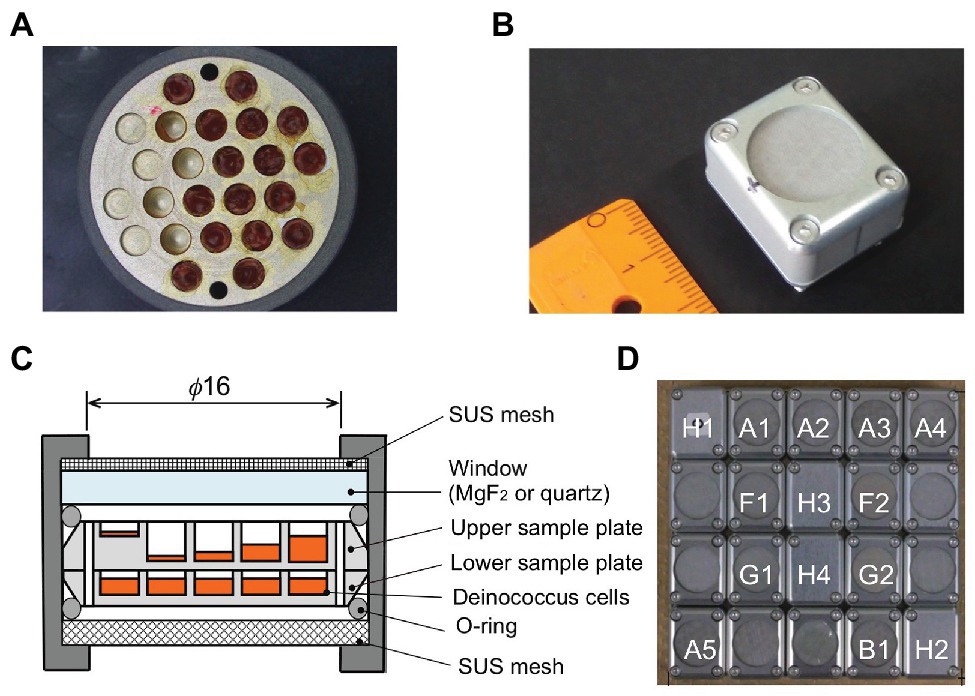
Frontiers DNA Damage and Survival Time Course of Deinococcal Cell Pellets During 3 Years of Exposure to Outer Space
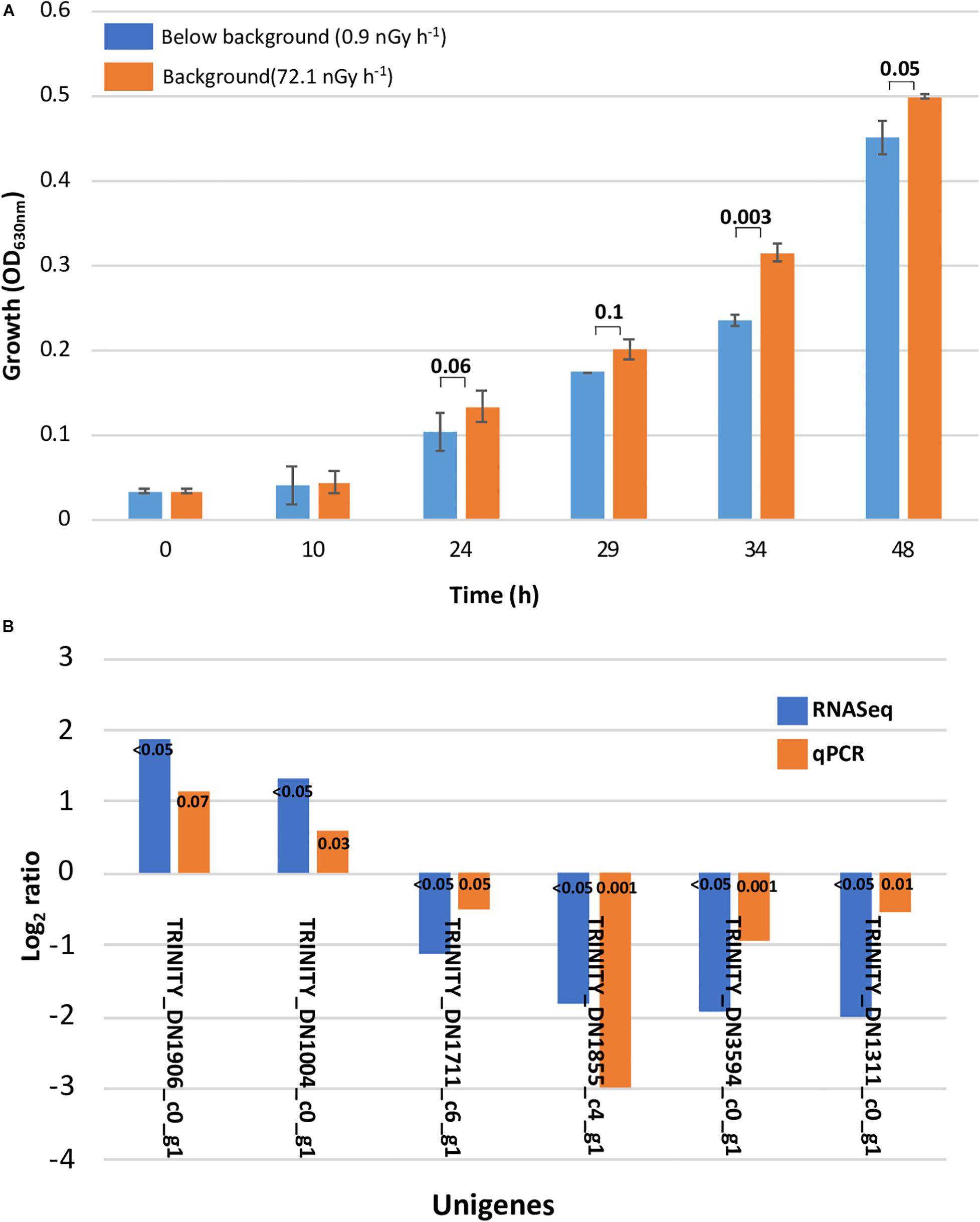
Frontiers Deinococcus radiodurans UWO298 Dependence on Background Radiation for Optimal Growth
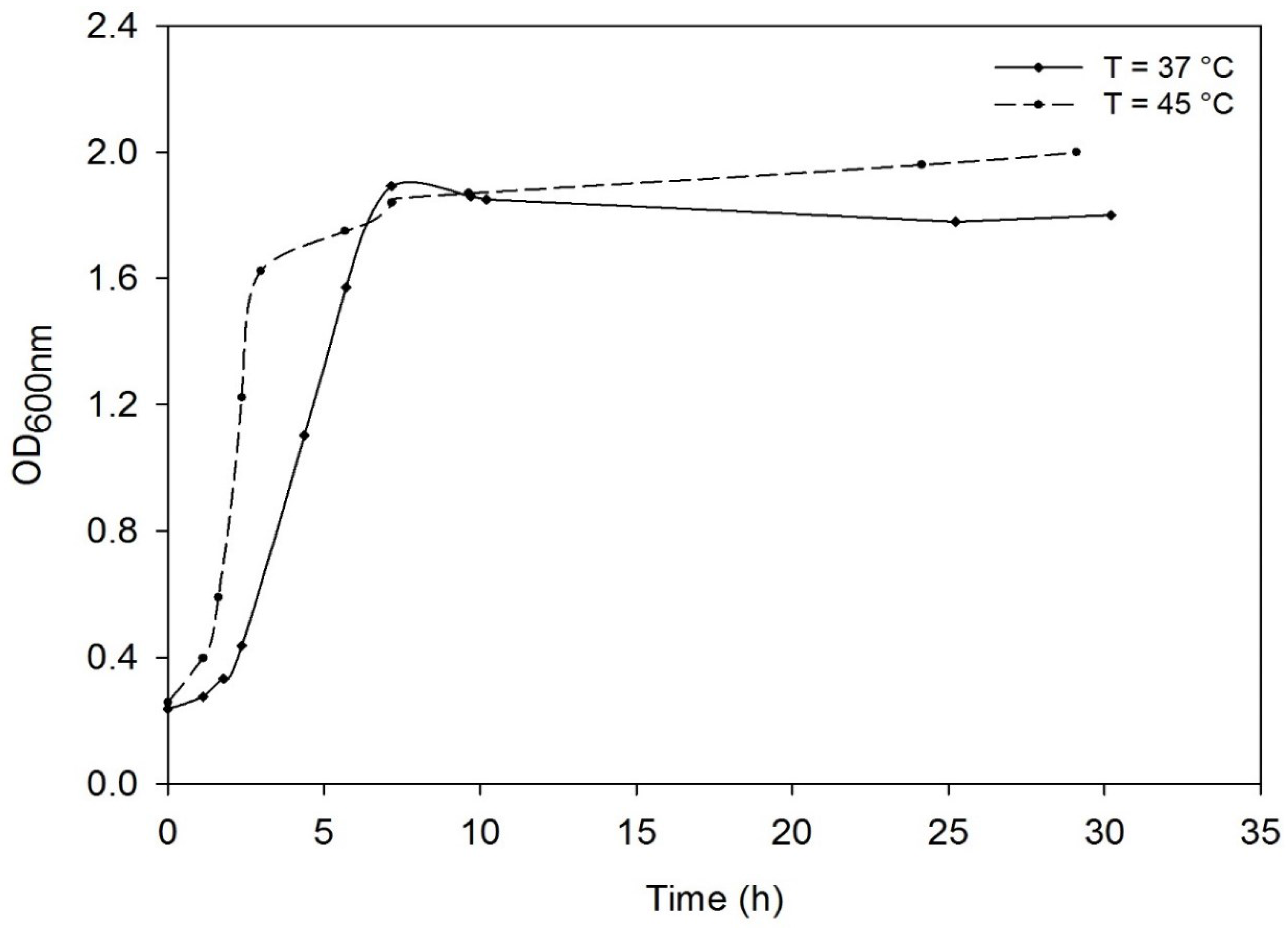
Microorganisms, Free Full-Text
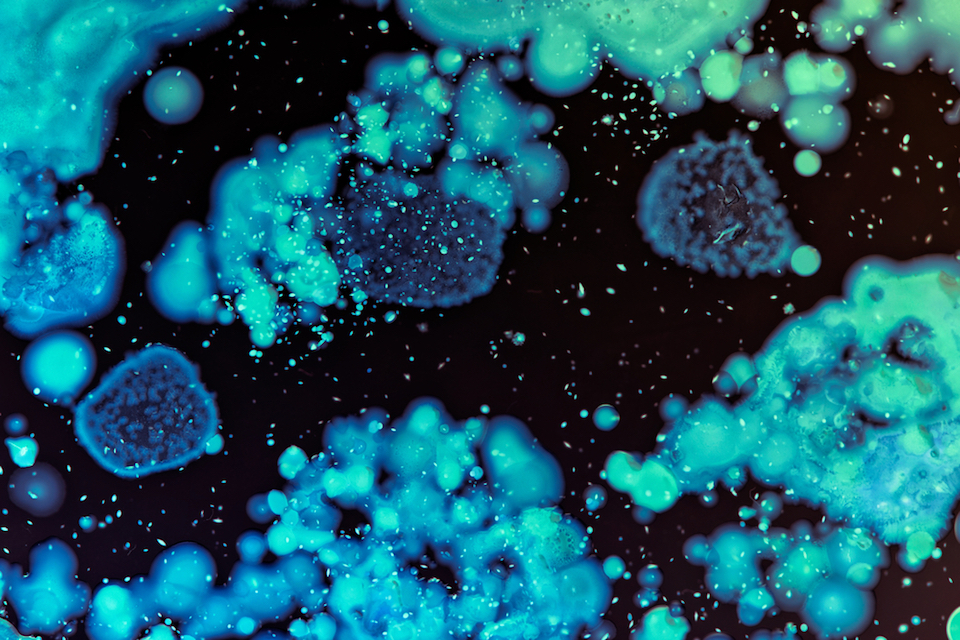
Microbial space travel on a molecular scale: How extremophilic bacteria survive in space for one year - Microbiome Times Magazine

How Do Microbes Remove Radioactive Waste?

MEDSCHOOL, PAT, Research, Deincoccus

Low-Temperature Ionizing Radiation Resistance of Deinococcus radiodurans and Antarctic Dry Valley Bacteria
Recomendado para você
-
Bacteria research could protect Airmen from radiation > Wright28 junho 2024
-
 A Model for Manganese interaction with Deinococcus radiodurans28 junho 2024
A Model for Manganese interaction with Deinococcus radiodurans28 junho 2024 -
 Conjugation-based genome engineering in Deinococcus radiodurans28 junho 2024
Conjugation-based genome engineering in Deinococcus radiodurans28 junho 2024 -
Deinococcus Radiodurans, S.E.T.I.28 junho 2024
-
![PDF] Physiological and molecular basis of extreme radioresistance](https://d3i71xaburhd42.cloudfront.net/6afc024e0e39fa7566bfb355db714a89b663a8a2/1-Figure1-1.png) PDF] Physiological and molecular basis of extreme radioresistance28 junho 2024
PDF] Physiological and molecular basis of extreme radioresistance28 junho 2024 -
 Interdigitated immunoglobulin arrays form the hyperstable surface28 junho 2024
Interdigitated immunoglobulin arrays form the hyperstable surface28 junho 2024 -
 Main components of the TCA cycle in Deinococcus radiodurans28 junho 2024
Main components of the TCA cycle in Deinococcus radiodurans28 junho 2024 -
 The scientific revolution that unraveled the astonishing DNA28 junho 2024
The scientific revolution that unraveled the astonishing DNA28 junho 2024 -
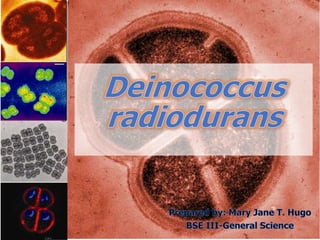 Deinococcus radiodurans28 junho 2024
Deinococcus radiodurans28 junho 2024 -
 Functionalized Nanomaterial Assembling and Biosynthesis Using the28 junho 2024
Functionalized Nanomaterial Assembling and Biosynthesis Using the28 junho 2024
você pode gostar
-
 TENGEN UZUI VS GYUTARO E DAKI, NEZUKO 👿 - React Demon Slayer EP 14 temporada 228 junho 2024
TENGEN UZUI VS GYUTARO E DAKI, NEZUKO 👿 - React Demon Slayer EP 14 temporada 228 junho 2024 -
 Reacting to Never giving up by Divide music ft. Cam Steady28 junho 2024
Reacting to Never giving up by Divide music ft. Cam Steady28 junho 2024 -
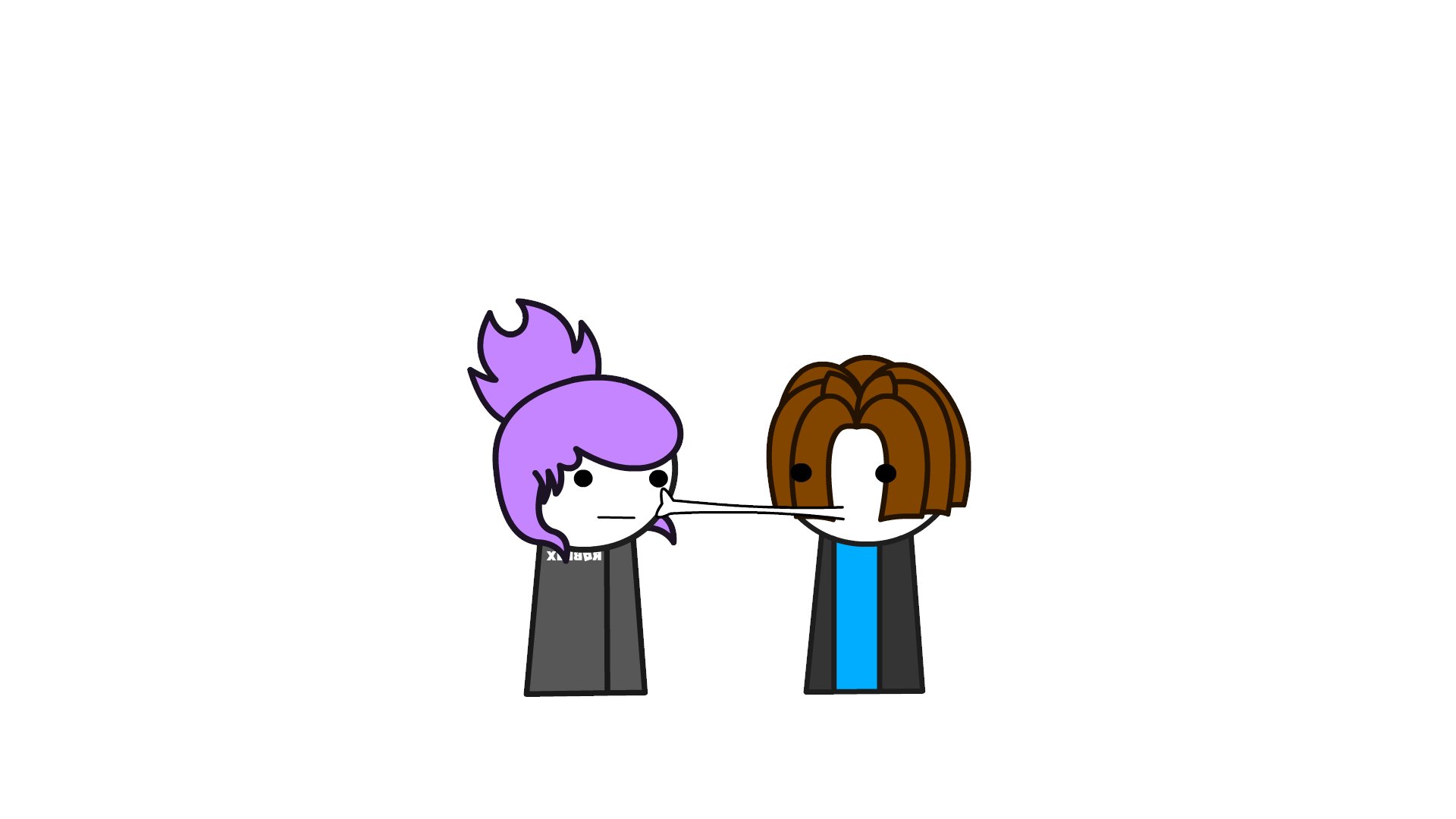 Raiden (Bethany) on X: So I finished the character animation for28 junho 2024
Raiden (Bethany) on X: So I finished the character animation for28 junho 2024 -
 Video Editing png images28 junho 2024
Video Editing png images28 junho 2024 -
 Pac-Man 99 é anunciado para Switch e será lançado ainda hoje - GameHall28 junho 2024
Pac-Man 99 é anunciado para Switch e será lançado ainda hoje - GameHall28 junho 2024 -
 Handicap em Apostas Desportivas: O Que É? – Apostas Online28 junho 2024
Handicap em Apostas Desportivas: O Que É? – Apostas Online28 junho 2024 -
 Download & Play Chess - Offline Board Game on PC & Mac (Emulator)28 junho 2024
Download & Play Chess - Offline Board Game on PC & Mac (Emulator)28 junho 2024 -
EL FINO SEÑORES XD - Sempai Gif Memes28 junho 2024
-
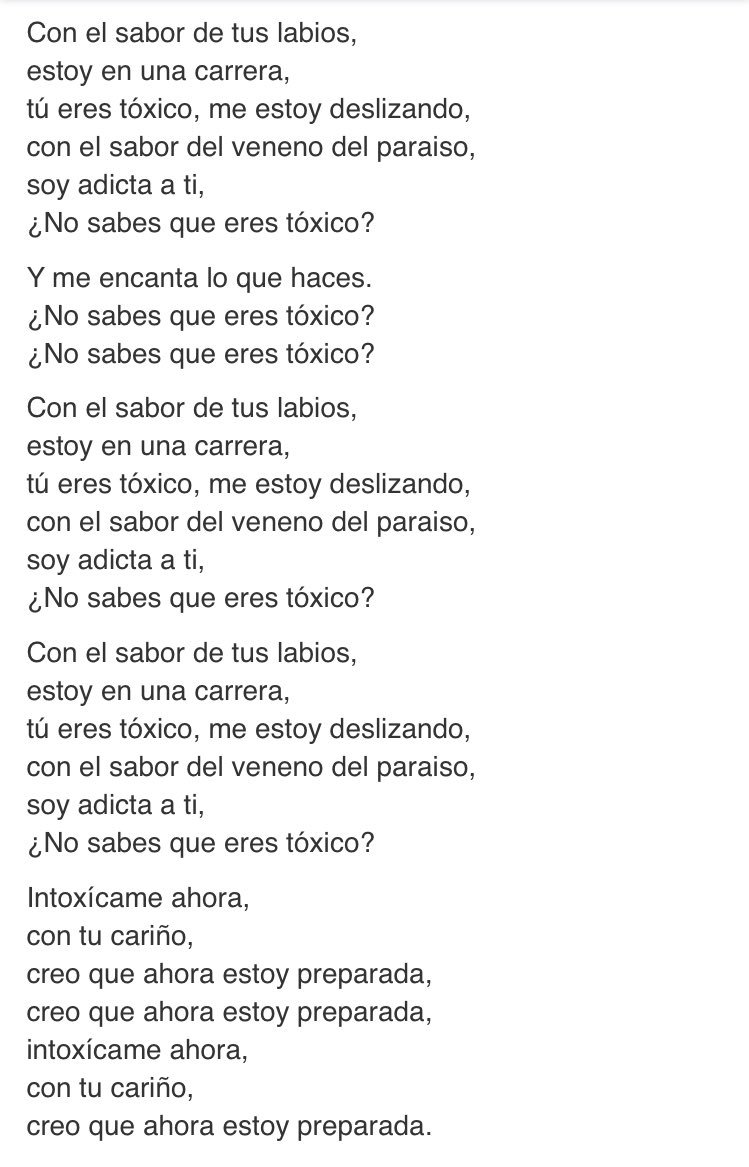 X 上的ana 🦇🏴:「LA LETRA DE TOXIC WIG #OTDirecto11OCT / X28 junho 2024
X 上的ana 🦇🏴:「LA LETRA DE TOXIC WIG #OTDirecto11OCT / X28 junho 2024 -
 NEW* UPDATE 20 in Blox Fruit is INSANE!!28 junho 2024
NEW* UPDATE 20 in Blox Fruit is INSANE!!28 junho 2024
